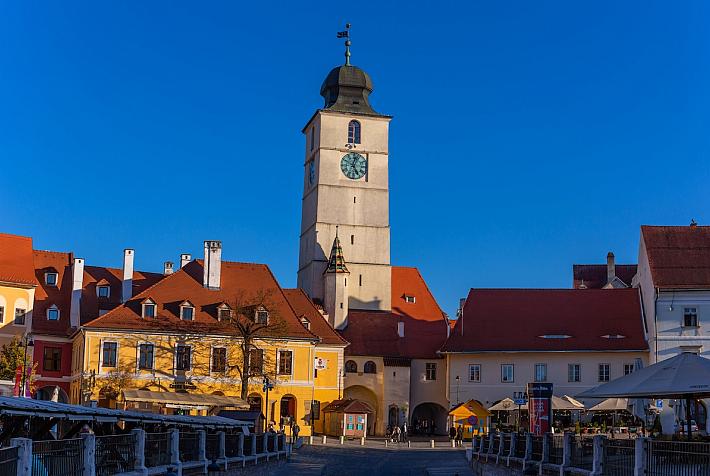Limited progress on fiscal plan amid political deadlock in Romania

A limited agreement on the structure of the fiscal plan was reached among the four parties negotiating for a ruling majority in Romania, but there was little consensus on specific measures to support the plan on the revenue side, such as higher tax rates. The deadlock is total when it comes to the prime minister post, according to converging media quoting sources familiar with the negotiations.
Scenarios such as a rotating or technocrat prime minister have been circulated, but they should be taken with caution due to the political instability they generate.
On the fiscal side, the RON 40 billion (EUR 8 billion) consolidation plan would be equally split between revenues (supposed to rise by up to +RON 21 billion) and expenditures. Specifically, the parties agreed to cut the public capital expenditures (investments) by RON 10 billion and reduce the general expenditures by another RON 10 billion by slashing bonuses, merging institutions, and streamlining the expenditures for goods and services.
The magnitude and structure of the correction were broadly designed in line with the seven-year fiscal consolidation plan that Romania inked last October and the European Commission endorsed in November, which turned obsolete meanwhile as the last year's budget gap hit 9.3% of GDP instead of 7.9% planned. However, the specific measures to increase budget revenues had not yet been agreed upon.
The largest political party in Parliament, the Social Democrats (PSD), is reportedly at the origin of the deadlock on both political and fiscal sides. For the prime minister seat, PSD came up with the idea of a rotating prime minister to be shared among parties under a mechanism similar to that operated with the Liberals (PNL) in 2021-2024. They would reportedly insist the post is held by the Liberal prime minister candidate Ilie Bolojan during the first part of the four-year mandate – which Bolojan allegedly refused.
On the fiscal plan in regard to increasing the budget revenues by RON 10 billion, the Social Democrats insist on the so-called "solidarity tax" on high wages as a first, simplified step before full-fledged progressive taxation next year. All the other three parties refused both the solidarity tax and the progressive taxation primarily as they were not likely to generate the desired amount of supplementary income. Other options, such as higher tax rates, are seen as unacceptable by PSD.
However, only the promise to improve tax collection would not likely be convincing for the European Commission or the rating agencies as a source of supplementary revenues in the short term (although it is certainly a source of stronger budget revenues that has to be demonstrated ex-ante since it requires political commitment).
Romania must ink, endorse, and deliver to the European Commission the revised fiscal consolidation plan by June 20, when the Commission drafts final recommendations that may include sanctions such as the suspension of EU funds. The final endorsement of the EC's recommendations is expected for the subsequent Council session on July 4.
iulian@romania-insider.com
(Photo source: Juan Moyano/Dreamstime.com)













